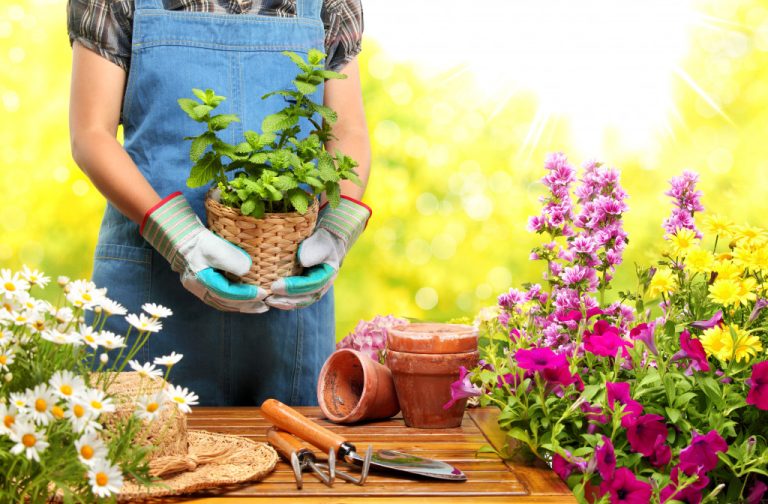In the United States, gardening is a popular hobby. It’s a well-loved activity by many because it helps and inspires the mind. It also brings people closer to nature than ever before.
There are at least 30 million American households that garden and each one of them have different types of gardens, and each one has its unique features. For example, some people garden to beautify their homes, while others grow their food.
There are many different ways to garden. Some people prefer to plant flowers and vegetables in their yards, while others grow fruits and berries in their backyards. Some people keep gardens indoors, using pots and containers to grow plants.
No matter what type of gardener you are, some essential tips will help you be successful. But first, let’s talk about the different types of gardens that exist.

Different types of gardens
Various gardens exist in people’s backyards. Some solely cultivate one kind of garden, while others like to mix and match various types of gardens together. Here’s a shortlist of different gardens that exist.
- Flower gardens: Many people plant flowers in their yards to add color and decoration. Flowers can be planted in beds, along walkways, or in containers.
- Vegetable gardens: Some people choose to grow their vegetables to save money on groceries. Vegetable gardens can be small, like a few pots on a balcony, or large enough to feed a family.
- Fruit and berry gardens: Growing fruit and berries can be a fun and delicious hobby for those with a green thumb. These gardens often require more care than other types, but the rewards are worth it!
- Indoor gardens: Not everyone has the space for a garden outdoors. However, that doesn’t mean you can’t garden! Indoor gardens can be grown in pots and containers on a windowsill or balcony.
Now that you know the different types of gardens, here are some essential gardening basics for amateur gardeners.
Gardening basics that every gardener should know
No matter what type of garden you have, there are some basics that all amateur gardeners should follow. These tips will help you be successful and avoid some common mistakes.
Choose the right plants.
One of the most important things to consider when starting a garden is what types of plants you want to grow. Not all plants are suited for all climates, so be sure to choose plants that will thrive in your area.
Also, be sure to choose plants suited for your gardening style. It might be best to start with a few easy-to-grow plants, like tomatoes or peppers if you’re new to gardening.
Doing your research will lead to the right plants for you and your garden.
Water your plants
Watering your plants regularly, especially during hot summer months is essential. Be sure to water the soil, not the leaves, and avoid getting the leaves wet. This can help prevent disease and insect problems. However, you should also avoid overwatering.
Overwatering happens when you water your plants too often or give them too much water. This can cause the roots to rot and the plant to die. Essentially, this blocks oxygen to the roots, which can suffocate your plant. To avoid overwatering, water your plants only when the soil is dry.
Sunlight
Plants need sunlight to grow, so be sure to choose a spot in your yard or home that gets plenty of sunlight. If you’re growing plants indoors, you might need to use certain artificial lights to give them the right amount of light.
If you have a greenhouse, there are a few things you need that you need to know when it comes to sunlight. The first is that it should have a transparent polycarbonate roof. This will let sunlight in to bring life to your plants.
Second, if you’re using a heating system in your greenhouse, it’s best to have one with low running costs. You don’t want to be overspending on your heating when the sun is doing all the work for you! Third, install an automated watering system to ensure that your plants are watered appropriately.
Fertilize your plants
In order to keep your plants healthy, it’s important to feed them regularly. You can either use organic or chemical fertilizers, but be sure to read the instructions carefully, so you don’t overdose on your plants. If you want the best option for your plants, consider learning composting.
Weeding
Weeds can quickly take over a garden if they’re not kept in check. Be sure to weed your garden regularly, so it doesn’t get out of control.
Mulching
Mulching is a great way to protect your plants and soil from the elements. You can use various materials, such as straw, leaves, or bark, to mulch your garden.
These are some essential gardening basics for amateur gardeners. By following these tips, you’ll be able to have a successful garden that you can enjoy for years to come!

